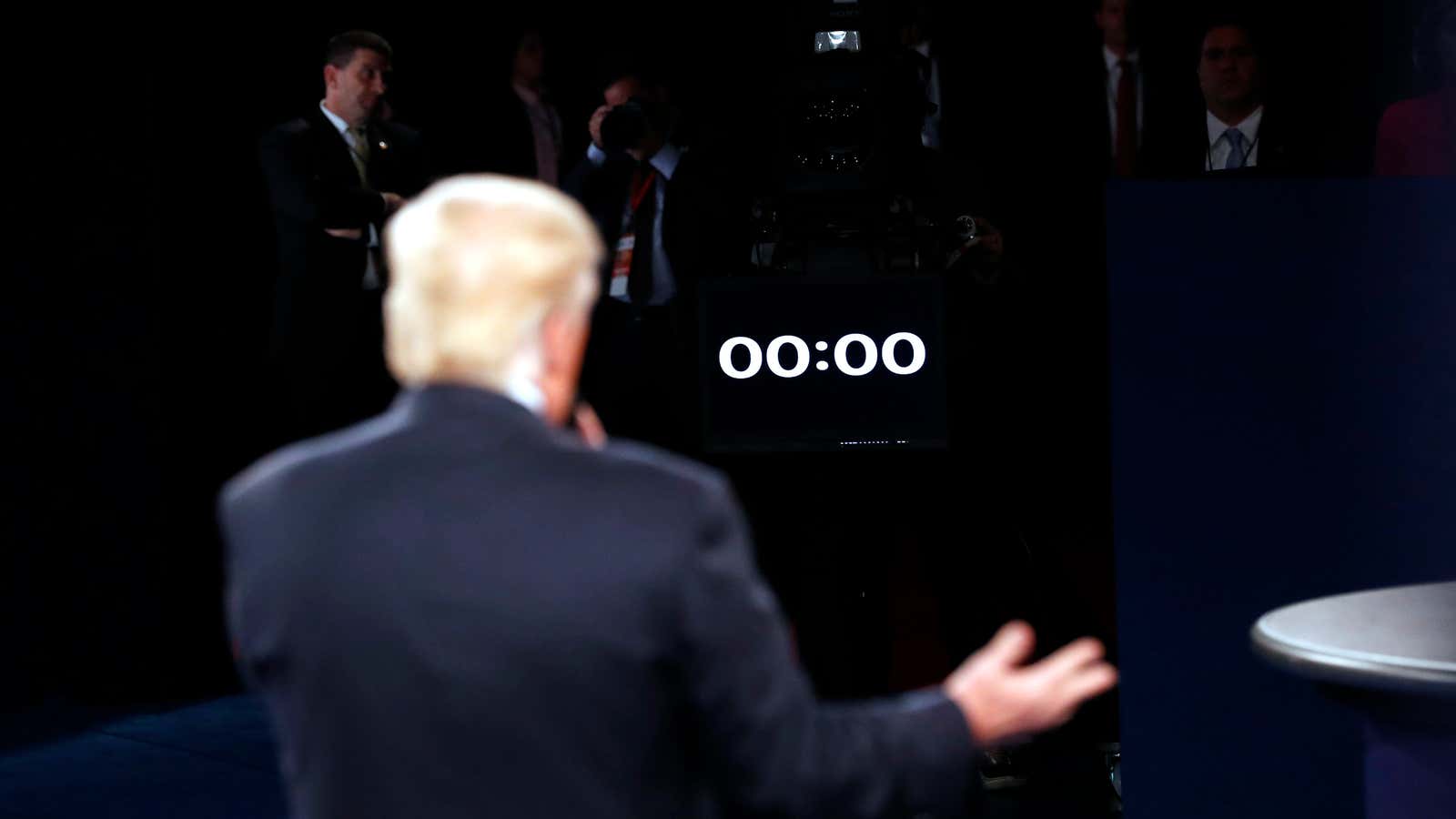Farmers know: You make hay while the sun shines. Is Donald Trump, America’s tax farmer-in-chief, already watching the sun set on his promise of “a phenomenal tax reform”?
“I think it’s too early to say,” White House budget chief Mick Mulvaney said Wednesday (April 12). “You’re going to see the White House have its own tax plan. Haven’t gotten there yet.”
But the calendar is weighing on the minds of Republican lawmakers eager to overhaul the tax code—and on businesses who expect to benefit. Can a scatter-shot White House policymaking operation can get its act together?
“I don’t think they have a lot of time to waste starting over,” says Kenneth Kies, a veteran tax lobbyist whose clients include Pfizer, Anheuser-Busch and Caterpillar. “First-term presidents have a window of opportunity to do big things, but it doesn’t stay open forever.”
Kies ticked off historic examples: Ronald Reagan passed his tax cuts before the Congress takes its traditional August holiday. In 1993, Bill Clinton signed his package of tax increases into law on Aug. 10. George W. Bush celebrated his first package of tax cuts in June. Barack Obama enacted his $800-billion stimulus bill in February.
“If Trump can’t get his tax reform bill done by the August recess, he’s probably slipped past that window of opportunity,” Kies concludes.
Lawmakers are back in their districts, and when they return on April 22 they will likely need to work to avert a government shutdown currently set for the end of the month. After that, they will have fewer than three months to enact the sweeping cuts he’s promised.
Asked about the Washington timetable, a White House spokesperson didn’t forecast when a plan would be ready, but told Quartz that the president “is continuing to work with his team of experts, led by Treasury Secretary Mnuchin and NEC Director Gary Cohn” on ”a plan that will provide significant middle class tax relief and make American businesses more competitive.”
Nearly everyone in Washington agrees that tax reform won’t go ahead without the president. “It’d be nice to know exactly where we’re going and to have them tell us,” the top tax writer in the senate, Orrin Hatch, said this week.
There are several problems standing in the way of Trump assembling a working coalition: His troubled relationship with different wings of the Republican party, the tricky politics of enacting tax cuts that largely benefit the wealthy while scandal clouds his own unreleased tax returns, and most of all the complexity of the subject. Trump’s own advisers seem split on what kind of proposals to bring to bear, with rumors of outside-the-box proposals like carbon taxes contrasting with traditional conservative cut-to-grow sloganeering.
Congressional Republicans don’t expect to win any Democratic votes, but they are divided: The House has embraced an ambitious and theoretical plan to dramatically overhaul the American approach to worldwide taxation, which the more moderate senate views coolly compared to simply lowering rates.
Can Trump play the uniter?
